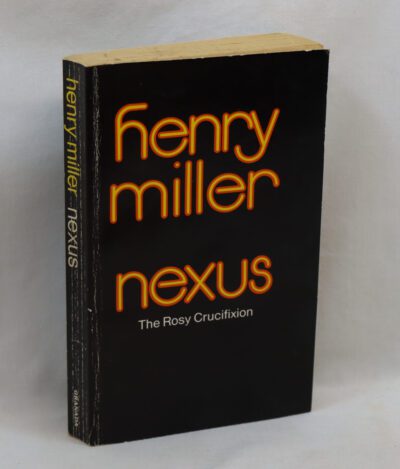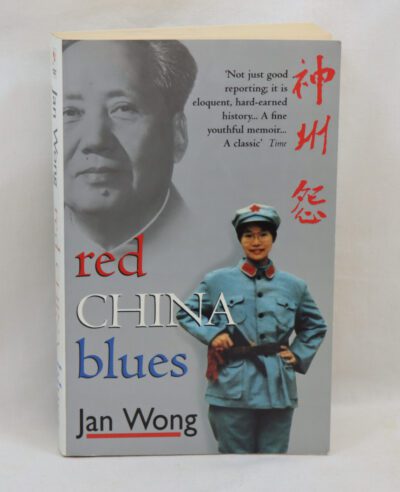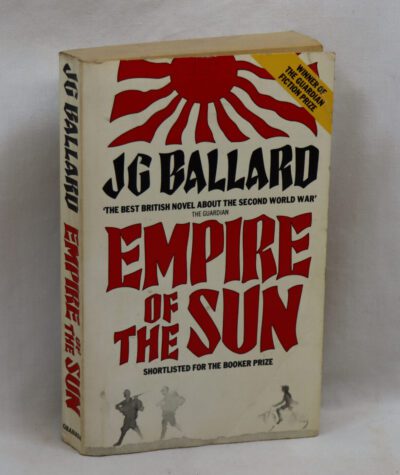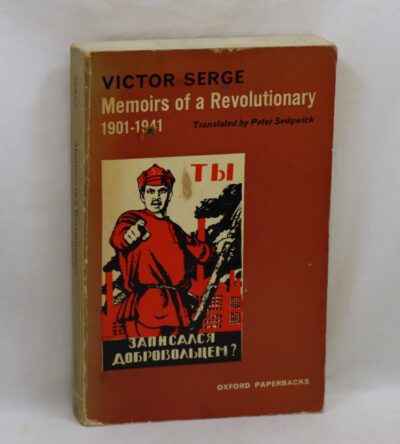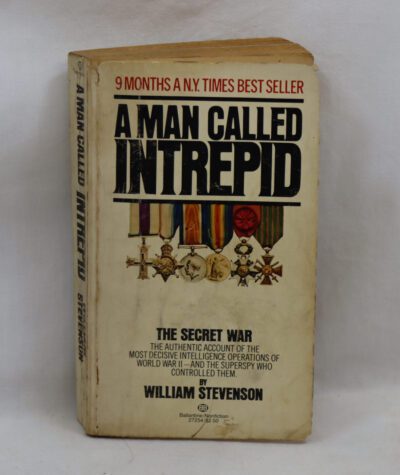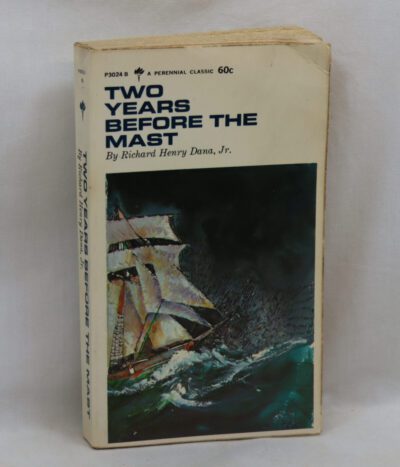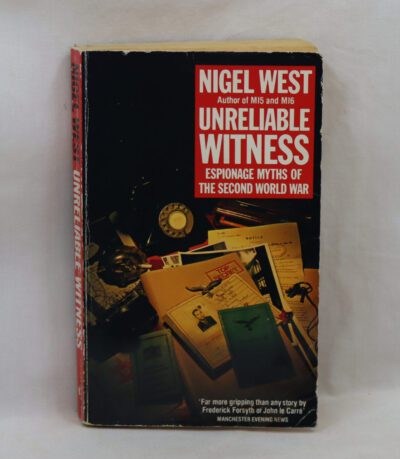Sultan of Swing. Life of David Butler.
By Michael Crick
ISBN: 9781785904394
Printed: 2018
Publisher: Biteback Publishing. London
| Dimensions | 17 × 24 × 4 cm |
|---|---|
| Language |
Language: English
Size (cminches): 17 x 24 x 4
Condition: Very good (See explanation of ratings)
Your items
Item information
Description
In the original dust jacket. Black cloth binding with silver title on the spine.
- We provide an in-depth photographic presentation of this item to stimulate your feeling and touch. More traditional book descriptions are immediately available
- Note: These books carry the £5.00 discount to those that subscribe to the F.B.A. mailing list.
Sir David Butler pioneered the science of elections, transforming the way we analyse election results. In 1945, aged only twenty, Butler was the first to turn British constituency results into percentages, and thereby founded the science of psephology. Appearing as an expert on Britain’s first TV election night in 1950, he promoted the idea of swing to explain gains and losses to the public. Later, he invented the BBC’s popular Swingometer, which is still used today. He has publicly analysed every British general election since the Second World War, and done more than anyone to transform TV coverage of elections, with a style that combined authority and showmanship with his phenomenal memory for facts and figures.
First summoned by Churchill for polling advice when he was only twenty-five, David Butler got to know most of Britain’s senior post-war politicians and has acted as a highly influential voice behind the scenes. He wrote dozens of books and taught scores of leading figures in politics and the media around the world, building a huge international reputation which regularly took him to America, Australia and India.
Award-winning TV correspondent Michael Crick has known David Butler for forty years. In Sultan of Swing, based on interviews with Butler himself, his friends, family and colleagues, and with access to many previously unseen papers, Crick chronicles the long and energetic life of the greatest analyst of British elections a story that weaves its way through post-war history with surprises, colour and humour.
Sir David Edgeworth Butler CBE FBA (17 October 1924 – 8 November 2022) was an English political scientist who specialised in psephology, the study of elections. He has been described as “the father of modern election science”.
Want to know more about this item?
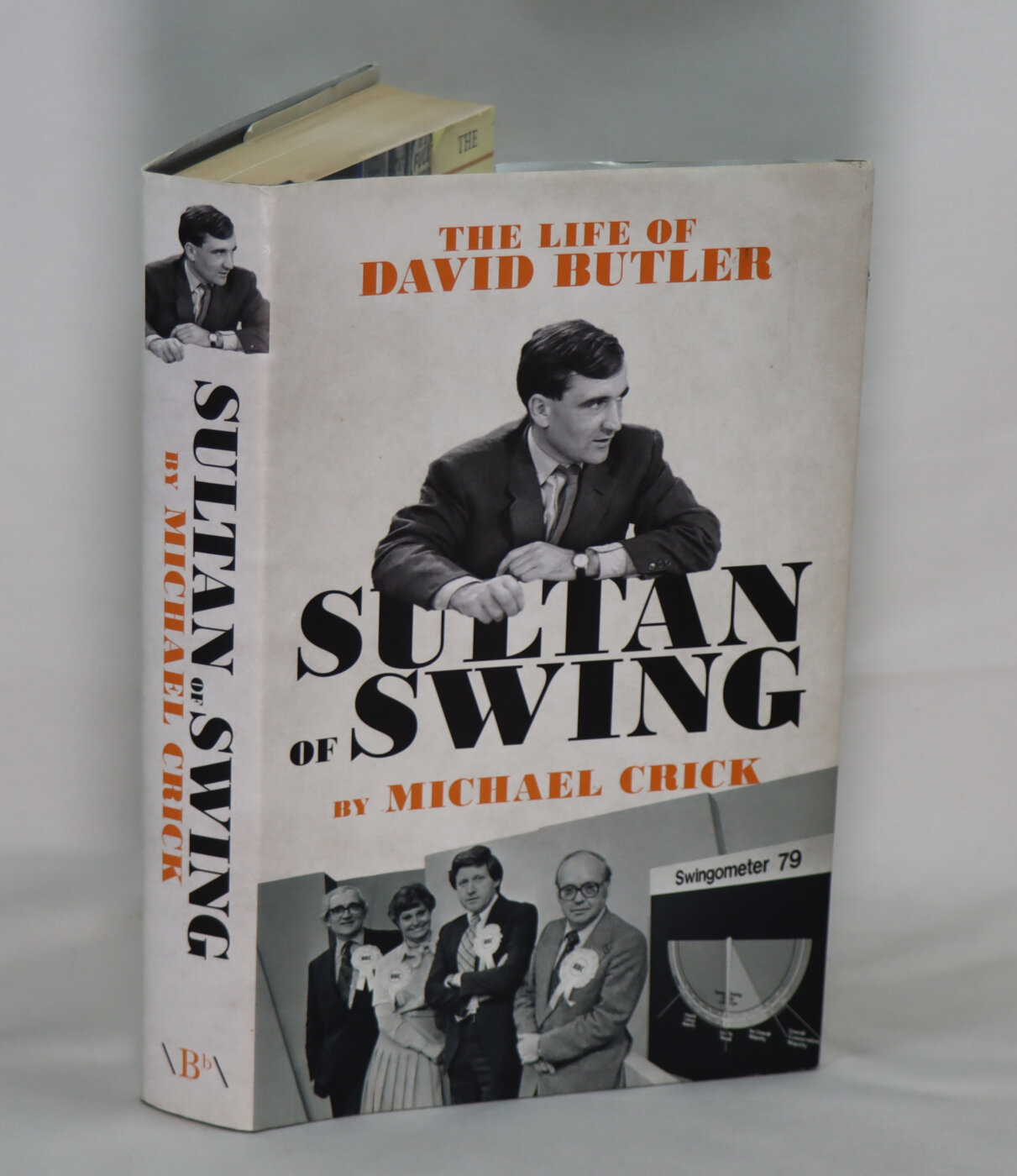
Share this Page with a friend


